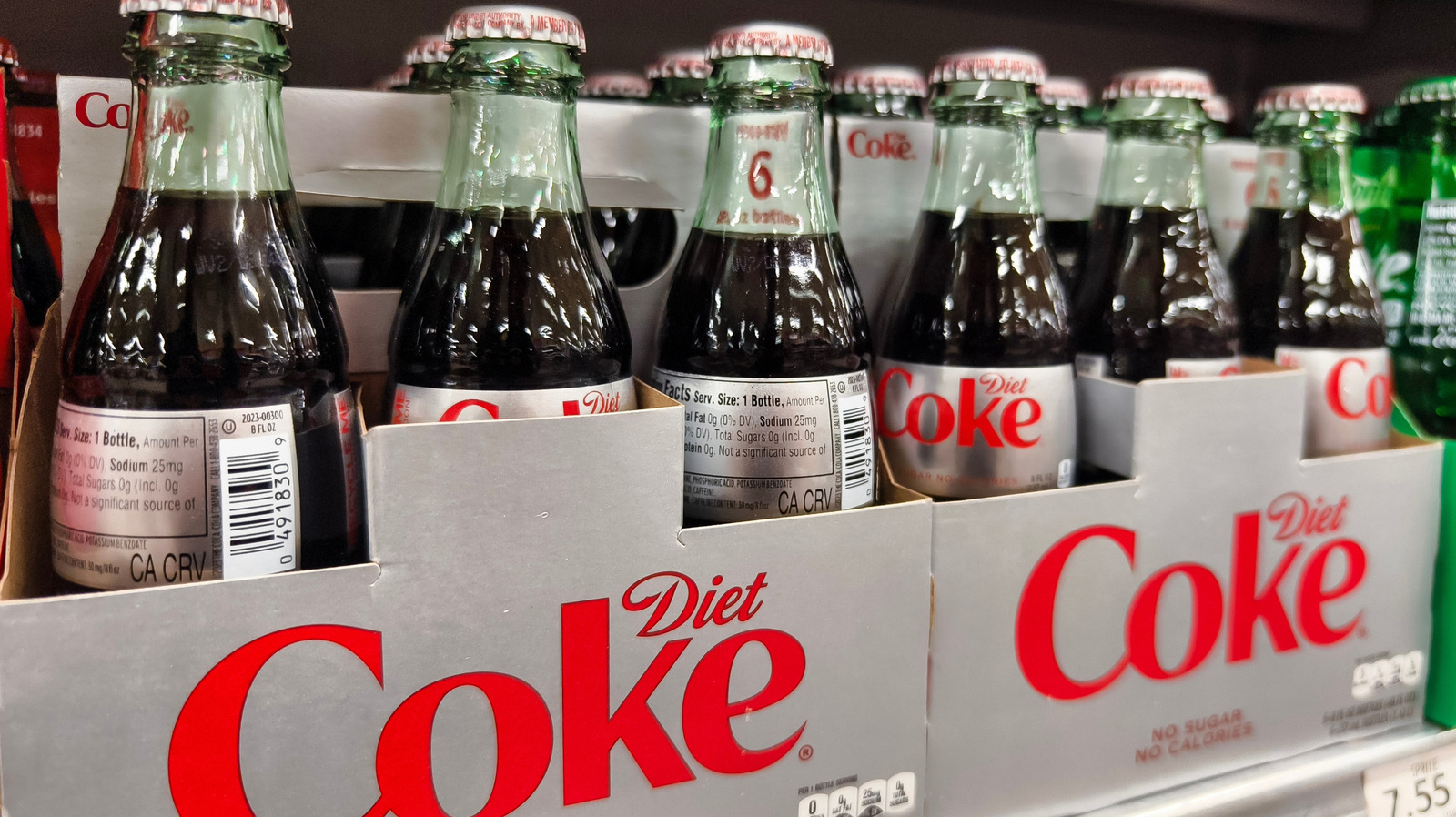Now Reading: Can Diet Coke Raise Cancer Risk? What Studies Say
-
01
Can Diet Coke Raise Cancer Risk? What Studies Say
Can Diet Coke Raise Cancer Risk? What Studies Say

Speedy Summary:
- Research Concerns: Diet Coke contains two ingredients, aspartame and caramel coloring (4-Mel), both classified as “possibly carcinogenic” by health organizations. Studies have yet to fully confirm their cancer risk.
- Potential Health Risks: Aspartame may indirectly contribute to obesity, which is linked to various cancers.Some studies suggest longer-term controlled trials are needed for clarity on its connection to carcinogenicity.
- Regulatory Stance: Agencies like the FDA assert that aspartame is safe in limited quantities, and some caramel coloring alternatives contain no 4-Mel-a chemical flagged for possible risks.
- Scientific Debate: Organizations like the WHO emphasize limited evidence of a direct link between Diet Coke and cancer but call for better studies.
Images Featured:
- Glass Diet Coke bottles in carrying packages
- Can of Diet Coke with gray background
- Brown soda poured into a glass with ice cubes
Indian Opinion Analysis:
The discussion surrounding Diet Coke highlights broader concerns about food safety amid evolving scientific discoveries-a pressing issue even for India,where processed food consumption has surged in recent years due to lifestyle changes. While global regulatory agencies such as the FDA emphasize the conditional safety of additives like aspartame, it raises questions about whether Indian standards adequately address risks tied to imported or locally manufactured goods containing such chemicals.
This serves as an opportunity for India’s regulators and researchers to strengthen long-term studies evaluating health impacts from artificial sweeteners or colorants prevalent in beverages popular among urban populations. Additionally, raising consumer awareness about alternatives without controversial compounds (e.g., brands avoiding 4-Mel) could foster healthier consumption patterns while helping citizens make informed lifestyle choices amidst rising obesity levels-a known precursor for serious illnesses including cancer.Conducting more localized studies tailored around dietary habits specific to Indian communities would also help bridge gaps left by international research frameworks not entirely suited for India’s demographic diversity. Providing thorough guidance via labelling or public campaigns can amplify trust in domestic market practices while navigating ongoing debates globally.























